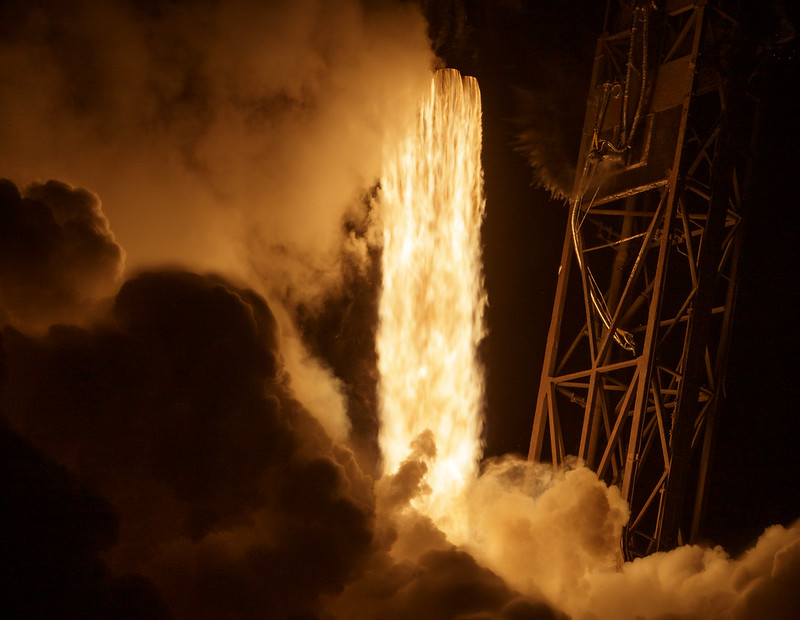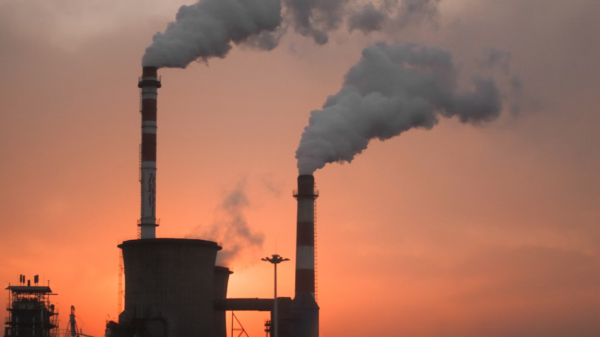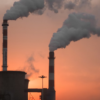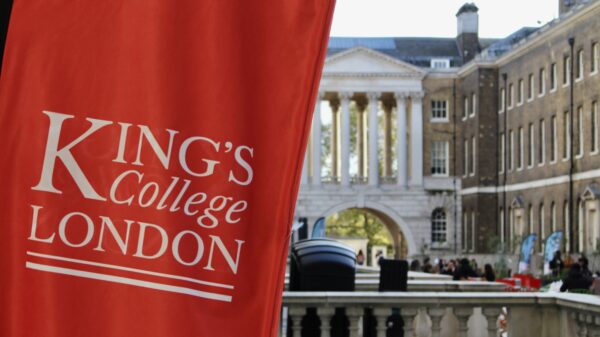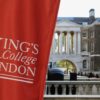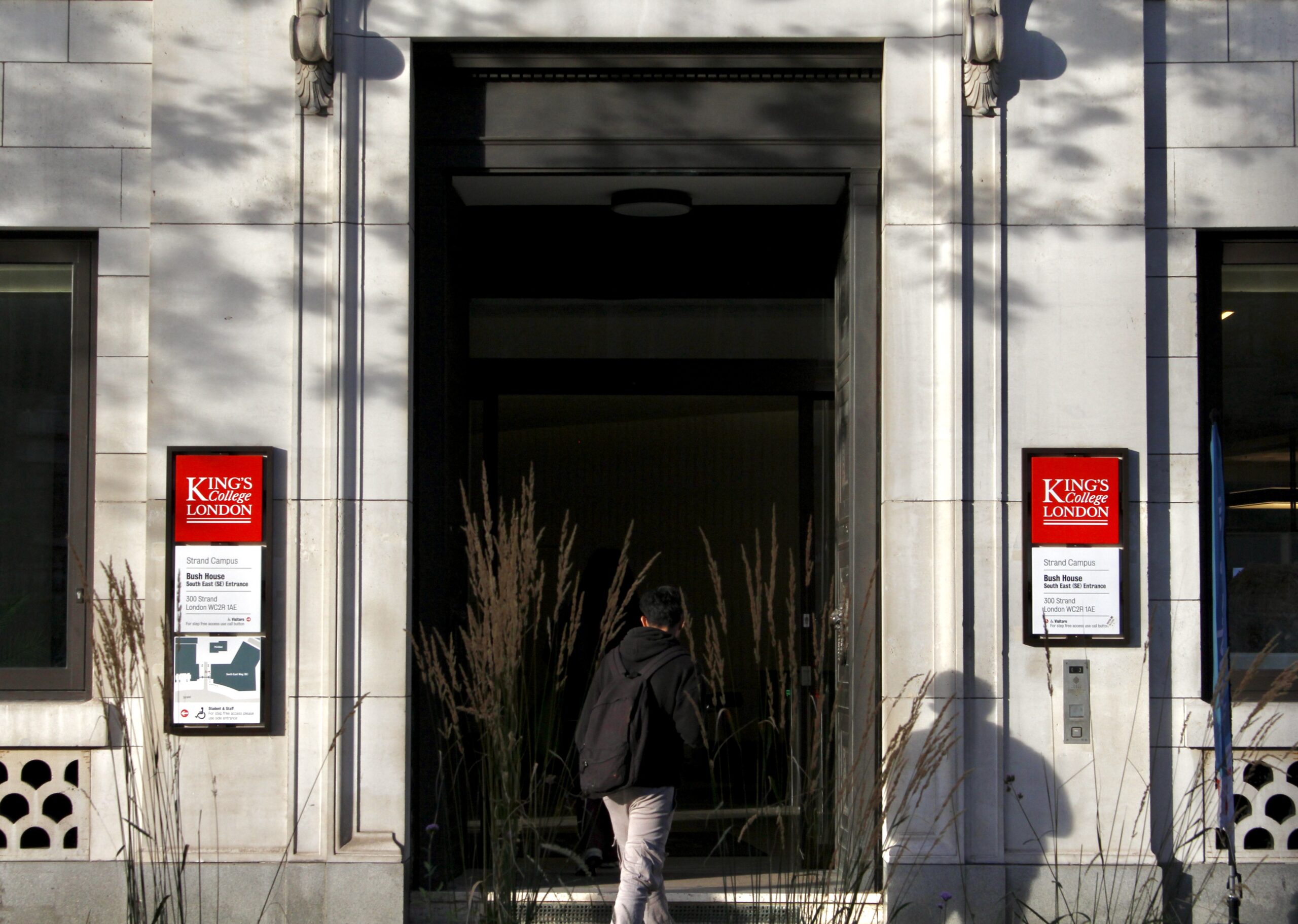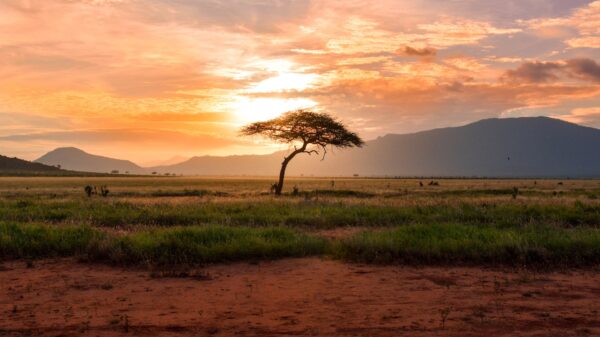Roar News writer Mila Stricevic on Space exploration in the face of poverty and the climate crisis.
In November 2020 Elon Musk launched his first successful manned space flight. By the 17th of the same month here on Earth, Coronavirus had claimed the lives of 1.3 million people. Not long before the world was plunged into lockdown, Australia suffered some of the worst recorded wildfires in history and if COP26 achieved anything, it was to demonstrate that Climate Change is not going anywhere unless those at the top take responsibility for their actions.
So, why are we still applauding ego trips like the SpaceX programme? While 1.4 million children claim free school meals in England each month and with the news 2% of Musk’s wealth could solve world hunger you would think solutions to these global problems are just around the corner. Alas, we will have to wait a little longer because today’s billionaires are distracted by the allure of one thing only – space exploration.
SpaceX launched in 2002 with money generated from the sale of Elon Musk’s previous business PayPal as well as US government grants through NASA, totalling an operations budget of $1 billion. An increasingly valuable company, it has launched 111 missions in just twenty years of existence. Staggering statistics but what are the programme’s aims? According to its’ website; “Making life multiplanetaryâ€
For $1 million, (the same amount Dolly Parton donated to help fund vaccine research) SpaceX is offering flights in a bid to get more people exploring the stars. It may be an exciting summer holiday for the uber-wealthy but perhaps not for the average Joe. According to the Legislative Analyst’s Office, California, where SpaceX has its headquarters, has 20% of its net worth tied up in postcodes where just 2% of the population live. So, while some cruise around space, almost a fifth of Californians will be stuck here on Earth, struggling below the poverty line.
The problem doesn’t lie solely with Elon Musk. Many other wealthy entrepreneurs such as Jeff Bezos and Richard Branson have a hand in the lucrative space travel industry with all three peddling remarkably similar visions. Blue Origin, the pet project of the previous richest man on Earth Jeff Bezos, is looking to see ‘millions of people living and working in space’. If you’re not convinced by that then perhaps Richard Branson’s Virgin Galactic mission statement is more compelling, ‘from space it is clear that there is much more that unites us than divides us.’Â
It’s all very well for Branson to claim to witness the unity of mankind from up in the stars but down on the ground is a far bleaker picture. In Glasgow, my home city, the average number of children living in low-income households triples in the distance between single tube stops – you can’t see that from the International Space Station.
Given the immense wealth harboured by these business moguls, I can see why space exploration is such an attractive proposition. Innovative technology, sleek aerospace design, government funding – it all sounds highly investible. Our futures and the futures of our children though are far more valuable but come under ever more danger thanks to the activities of playboy billionaires like Elon Musk and Jeff Bezos.
Despite the dire and obvious warnings, we see every day as the world slips deeper into the climate crisis these billionaires continue to check enormous cheques against our planet. Consider the fuel needed to send over one hundred rockets into space as Musk boasts. Research carried out for the American Geophysical Union has concluded that “Because of the unique nature of their combustion chemistry, rocket engines emit large amounts of black carbon when compared to, for example, a modern jet engine.â€Â Though the number of rockets taking off pale in comparison to the number of jets, the past decade has seen an annual rise of 8% in rocket launches with this figure only set to increase over time. Black carbon not only warms the Earth’s temperature but affects other aspects of the climate such as rainfall patterns.
So, who is winning in the age of the space race? Not the 70,000 UK households made homeless during the pandemic, or the millions of people who die as a result of extreme temperatures each year. The only winners are those with the ability to help fund solutions to these crises but pledging to end world hunger or protect the environment doesn’t seem to be as glamorous as sending rockets into space. Elon Musk once said, “I can’t think of anything more exciting than going out there and being among the starsâ€, well I can. The day that billionaires focus on helping preserve the only thing truly priceless – human life. It’s time we focused on Earth; space travel can wait.

